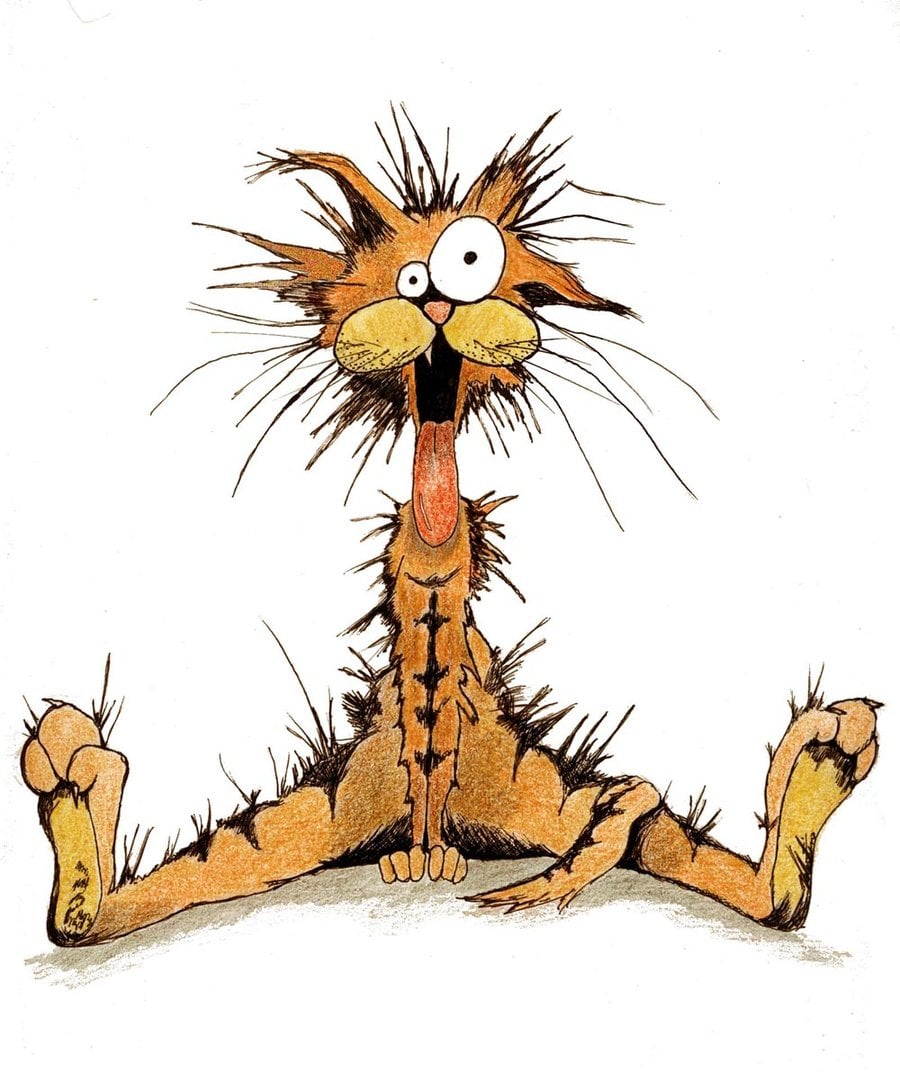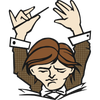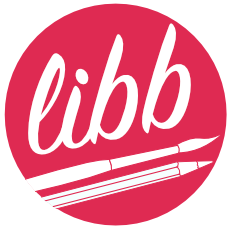Not something I thought of a lot when I was back in US since USA is… a pretty bureaucratic name by all means. But I just realized that some countries have really fascinating names in their local language
Like how China names itself Central/Middle country in a very grandiose way (as in, we are the center of the world), or Japan being “land of the rising sun”
You already said China so I guess I’ll go Hong Kong.
Hong Kong (香港) means fragrant harbour. The origin of this name is unknown, but there are theories of it coming from a type of wood we produced, a nice river, the wife of a pirate, or some residents just pronounced it with an accent to the British soldiers.
Austria is from Osterreich, Eastern Kingdom or something similar.
Finland (Suomi) basically means a swamp (suo).
If you look at the etymology, there are other explanations of the origins, but a modern person would associate the name with a swamp. I guess it makes sense with all the lakes.
Canada, or ‘Canada’ in French, was derived from “Kanata” the Iroquois word for Village. Not sure there ever was a local world for the country known as Canada though? Would love to be enlightened if so.
I’m not sure what you mean by local as each indigenous nation presumably had their own way of referring to the land.
‘Turtle Island’ is the common translation for the ways that many Algonquian- and Iroquoian-speaking refer to North America.
Where I live (Lekwungen territory) means “place of the smoked herring”.
Cool to know about turtle island. I was merely expressing my ignorance for any other names for the “country” as OP asked. I do understand there would be different names for each local ancestral lands and territories.
Brasil, the name comes from Pau Brasil, a tree that has a deep red color, used to make dye and for its quite beautiful red wood. The word Brasil comes from brasa (ember), essentially means “tree that’s red like an ember”.
I was greatly surprised when I learned that the country is named after the tree and not the other way around
Unlike popular belief, Chile is not named after the spicy vegetable. Story goes there wasa bird chirping and the Spanish thought it sounded like “Chile”.
The Netherlands literally means the Low countries. Pretty literally there.
In German, we also call the Netherlands “the low countries” (“die Niederlande”). 🙃
It’s the low countries because it’s the land around the river delta’s, not because of the height of the land. It’s originally meant as downriver.
Switzerland means land of the people from Schwyz, which is one of the 3 founding “Cantons / States” of Switzerland. When going to war the old confederacy would wear white cross with red background (the flag of Schwyz) to distinguish themselves in battle. So in wider Europe they where known as Switzerland, specially because the Swiss Mercs were elite warriors and the most powerfull nobles would want to have the Swiss as their Guard (the Vatican still uses them today).
The real name of Switzerland though is Confederatio Helvetica. Which means the Helvetic Confederation. The Helvetic are a Celtic tribe that used to live in today’s Switzerland before the Romans took over and later the Alemans rolled in.
Removed by mod
The Helvetica Confederation does not include the Serif region
Removed by mod
Aotearoa - new Zealand
To most it means “Land of the long white cloud” and as with most Maori things, there’s a story that goes along with it if you want to read.
Germany: Deutschland. “Deutsch” comes from the word “people, tribe”. The oldest roots go back to the 8th century and the kingdom of Charlemagne, where “deodisk” (“the language of the common people”) was used to distinguish the Old German from “walhisk” (the medieval latin that the ruling class spoke).
This is a Deutschland. It’s a Land that deutschs.
SPRICH DEUTSCH DU HÜTTENSOHN!
Nederland: The low land
Portugal comes from “Portus Cale”. It was in the general area of the city of Porto. The word “Postus” and “Porto” mean port, as in a port for ships.
Ukraine: Україна [ookraïna] means literally “our land”
It doesn’t. It means “У country”
Oh, look at them. Ok, explain to me how exactly you got “наша країна” out of “Україна”.
France comes from the ‘franks’ which was both a kingdom and its population, the franks or francs, in French. The word is is supposed to mean ‘free man’ (one of the meanings, at least)
Polska (Poland) comes from a word meaning “field”. Modern polish still has this word (pole)
Norway is quite literal: The way north.
It used to describe the coastline full of seaside trading towns before someone got the idea to make it a country.
The literalness also shows up in all the names for places in the country. They are 90% old spellings of “The place where people live”, “the field for cows to feed on”, “the settlement at the north of the fjord”, “upper farm”, “valley settlement”, and like 1837 places called “a place you can live”.











